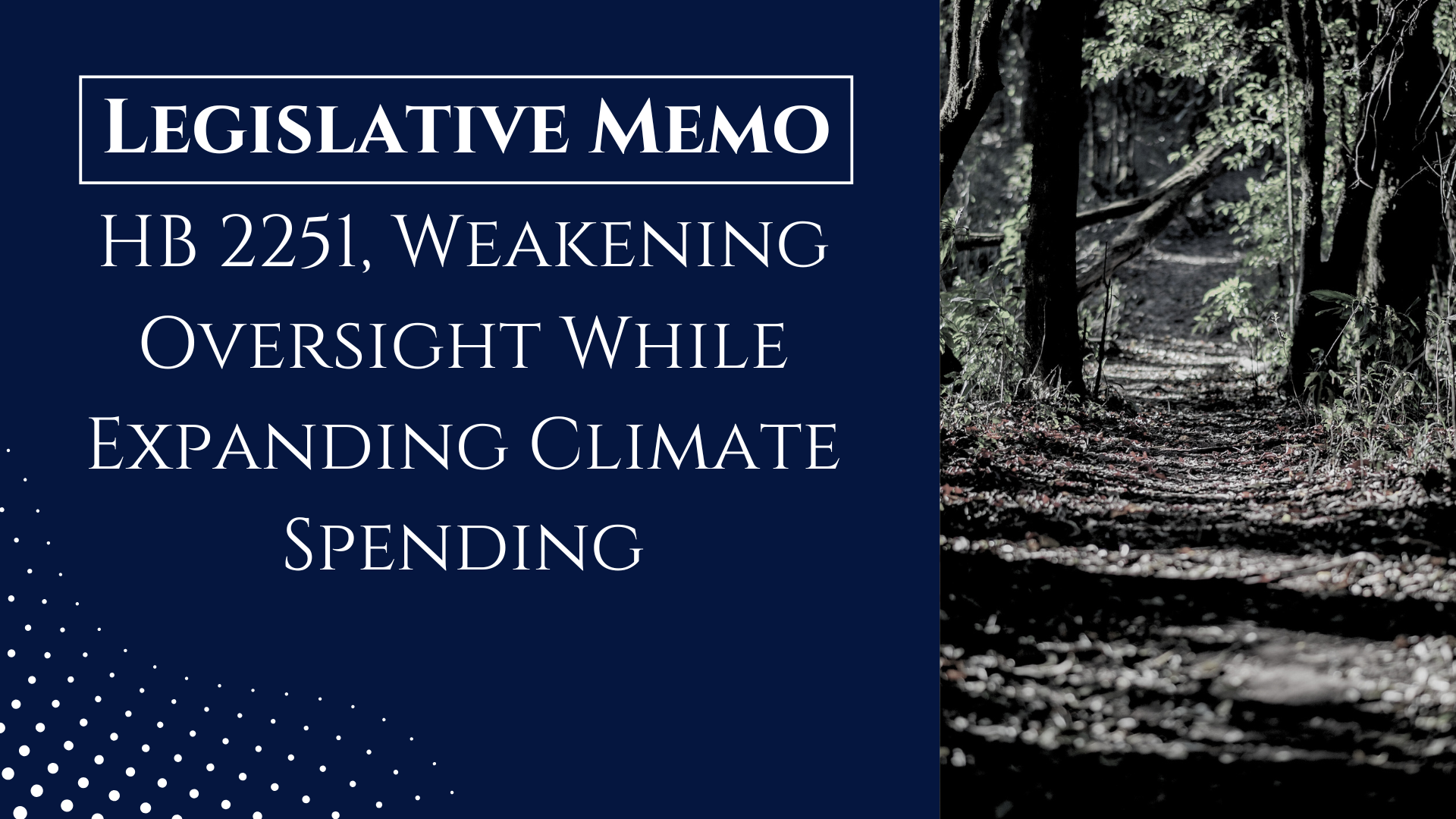![]() Download the full Policy Brief.
Download the full Policy Brief.
Key Findings
- Washington State University professor Robert Wielgus’ 2014 study claims that killing wolves actually increases the number of sheep and cattle that wolves depredate the following year.
- The WSU study’s conclusions are based on erroneous statistical arguments, and are not supported by rigorous analysis of the study’s own data.
- Contrary to Wielgus’ conclusions, our re-analysis of his study’s data finds that the strongest explanation of an increase in loss of cattle and sheep was simply an increase in the wolf population.
- A University of Washington review of his data found a similar error in Wielgus’ analysis.
- Wielgus’ study also fails to replicate his hypothesis on an independent data set to ensure his finding is not merely an artifact of this data set.
- Wielgus’ claim that removing wolves increases the number of breeding pairs is also undermined by the data in his study.
- Data in Wielgus’ study actually support the current Washington state strategy of removing wolves where there is conflict with a rancher, consistent with the common-sense conclusion that removing wolves reduces livestock deaths.
Introduction
Does killing wolves where they have attacked sheep and cattle actually increase the number of wolf attacks on cattle and sheep in the following year? It doesn’t seem to make sense, but that is the counter-intuitive claim made by Washington State University Professor Robert Wielgus in a 2014 study. He implicitly argues against the state’s policy of removing wolves in areas where they are killing livestock and are in conflict with ranchers.
In the summer of 2016, after several cows had been killed by a local pack of wolves in central Washington, the Washington State Department of Fish and Wildlife (WDFW) decided to remove the pack, known as the Profanity Peak pack. The decision was consistent with the policy of the Washington state Wolf Advisory Group, a policy group that includes ranchers, environmental activists, farmers and elected officials. The policy of killing members of the pack worked, but not everyone was happy.
Professor Wielgus argued the removal was unnecessary and had been provoked by ranchers looking for a pretext to remove wolves from the area. He told The Seattle Times, “The livestock operator elected to put his livestock directly on top of their den site,” intentionally provoking a conflict that would cause state officials to remove the pack.
That claim caused a reaction from Washington State University’s academic department heads, who took the unusual step of responding to their own professor. They released a statement noting, “In fact, the rancher identified in the article did not intentionally place livestock at or near the den site of the Profanity Peak wolf pack, and Wielgus subsequently acknowledged that he had no basis in fact for making such a statement.” They concluded, “WSU apologizes to our friends, our science partners and to the public for this incident.”
Wielgus, however, continues to oppose removing wolves where they conflict with the livelihood of ranchers. Based on his 2014 study, he continues to argue that killing wolves makes the problem worse, perhaps because it would lead to an increase in breeding pairs, thus increasing depredations. The study, “Effects of Wolf Mortality on Livestock Depredations,” argues against the state’s current strategy to reduce conflicts between wolves and cattle.
Careful reviews of this study, however, demonstrate serious methodological flaws and critical omissions in its analytical methods. More thorough analysis of the study’s data published with the article finds that Dr. Wielgus’ main conclusions are, at best, unsupported by the data, if not refuted outright. His central conclusion that killing wolves increases depredations of cattle and sheep is based on a false statistical argument unsupported by reasoned analysis.
At the same time, the strongest evidence in the data supports the common-sense conclusion that as the wolf population grows, both livestock depredations and lethal wolf control increase correspondingly.
Far from contradicting the state’s current policy on wolf management, Dr. Wielgus’ own data indicate that the state’s policy is probably on the right track.
![]() Download the full Policy Brief.
Download the full Policy Brief.





